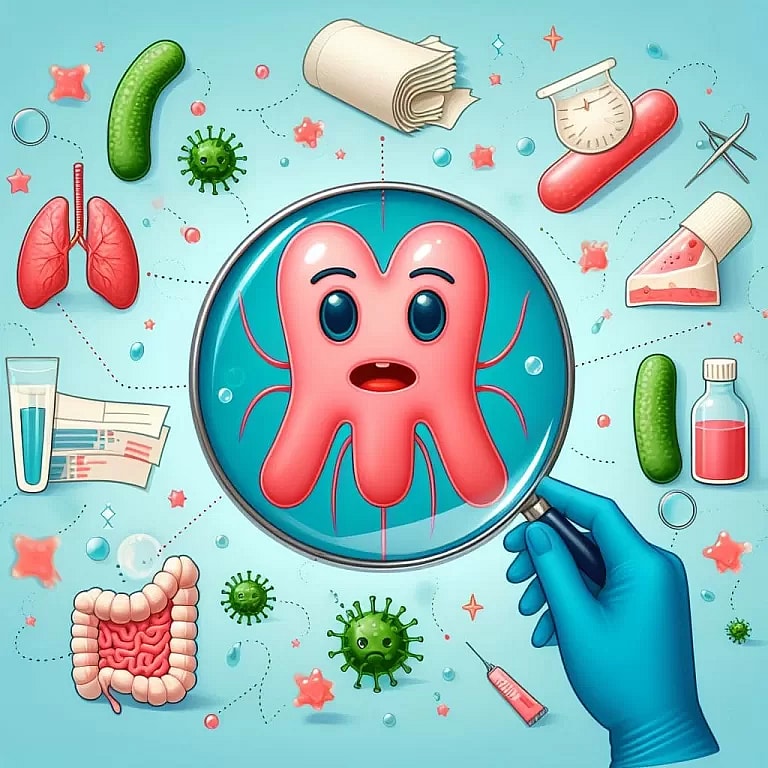Acne rosacea
**Acne Rosacea: An Overview of Symptoms, Causes, and Treatment**
Acne rosacea, a common skin condition, is characterized by redness, inflammation, and visible blood vessels on the face. This chronic condition can affect people of all ages and skin types.
**Symptoms**
* Persistent facial redness
* Raised red bumps and pustules
* Visible blood vessels
* Dry, sensitive skin
* Stinging or burning sensation
**Causes**
The exact cause of rosacea is unknown, but several factors are believed to contribute, including:
* Immune system dysfunction
* Genetics
* Environmental triggers (e.g., sun exposure, heat, cold)
* Certain medications
**Treatment**
Treatment for acne rosacea typically involves a combination of topical and oral medications, as well as lifestyle modifications. Common treatments include:
* Topical antibiotics (e.g., metronidazole, erythromycin)
* Topical anti-inflammatory agents (e.g., azelaic acid, sulfur)
* Oral antibiotics (e.g., doxycycline, minocycline)
* Laser therapy
* Intense pulsed light (IPL) therapy
**Other Considerations**
* Rosacea can flare up during periods of stress, sun exposure, and certain dietary triggers.
* Limiting triggers and practicing gentle skincare routines can help manage symptoms.
* While acne rosacea cannot be cured, treatments can effectively control the condition and improve skin appearance.
Helicobacter Pylori Infection: Unveiling Its Connection to Rosacea

Helicobacter pylori (H. pylori) infection may contribute to rosacea, but more research is necessary to clarify the link between these conditions. Rosacea is a chronic inflammatory skin condition that causes redness, flushing, and rash on the face. The redness typically…
